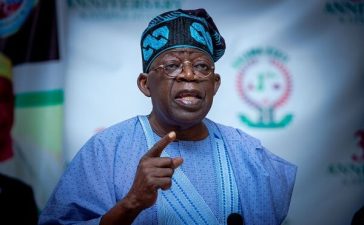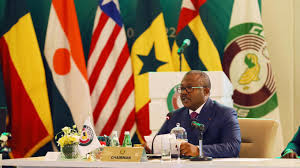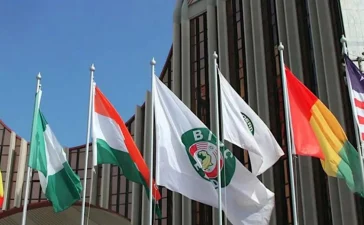A severe fuel shortage is gripping Nigeria, leading to widespread disruptions and skyrocketing petrol prices. The scarcity, which has persisted despite multiple attempts at resolution, has driven the cost of petrol to unprecedented levels, reaching as high as N990 per liter in Abuja and up to N1,200 per liter in northern cities.
The escalating crisis has left motorists stranded, with many resorting to sleeping in their vehicles at filling stations, especially those managed by NNPC Ltd, in hopes of securing fuel. The situation is further exacerbated by the apparent inaction of government agencies responsible for ensuring a stable supply and distribution of petroleum products.
As the crisis intensifies, independent filling stations across Lagos have largely run out of stock, forcing major marketers and NNPC to struggle to meet the overwhelming demand with limited supplies. This has led to massive queues and a worsening traffic situation in major areas of the city, including Ikeja, Abule-Egba, Ojota, Ikorodu, Isolo, Surulere, Ikoyi, and Victoria Island.
In the nation’s capital, Abuja, the fuel shortage has caused widespread frustration among motorists. Reports indicate that petrol prices have surged to around N990 per liter, leading to increased reliance on Point of Sale (PoS) operators, who are capitalizing on the situation by charging premiums for cash withdrawals needed to purchase fuel.
The impact of the fuel shortage is being felt nationwide, with no region spared from the crippling effects. The northern parts of the country are particularly hard hit, where prices have spiked to N1,200 per liter, creating an even more dire situation for residents in these areas. The scarcity has disrupted daily life, with long queues at filling stations becoming a common sight, as motorists and businesses alike scramble to secure the limited fuel available.
Despite the severity of the crisis, the response from the relevant government bodies has been largely muted. The silence has only fueled public frustration, as there seems to be no clear strategy or communication from officials on how the situation will be addressed. The ongoing scarcity is also raising concerns about its potential impact on the economy, with transportation costs expected to rise sharply, affecting the prices of goods and services across the country.
As the fuel crisis continues to unfold, the call for immediate and decisive action from the government grows louder. Citizens are demanding transparency and accountability in the management of the nation’s petroleum resources, as well as urgent measures to restore stability to the fuel supply chain.
The current situation underscores the critical need for sustainable solutions to Nigeria’s recurring fuel shortages, which have once again brought the nation to a standstill.






